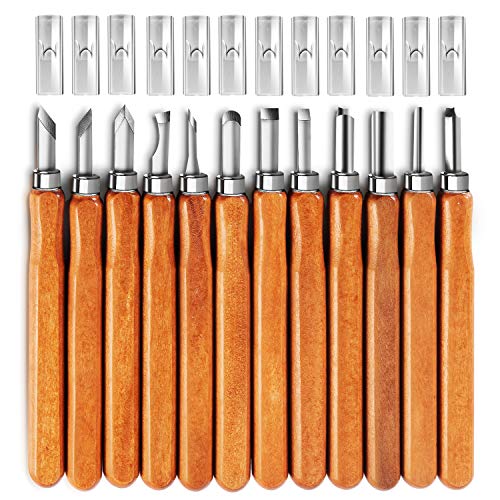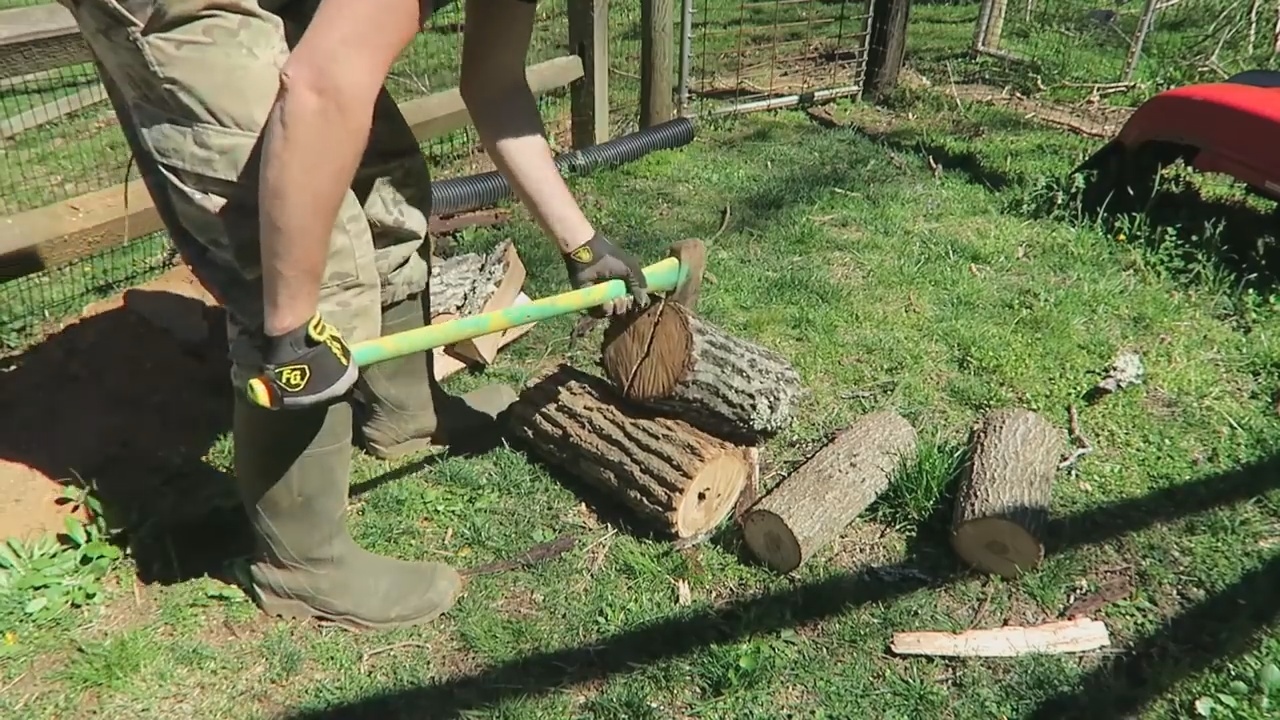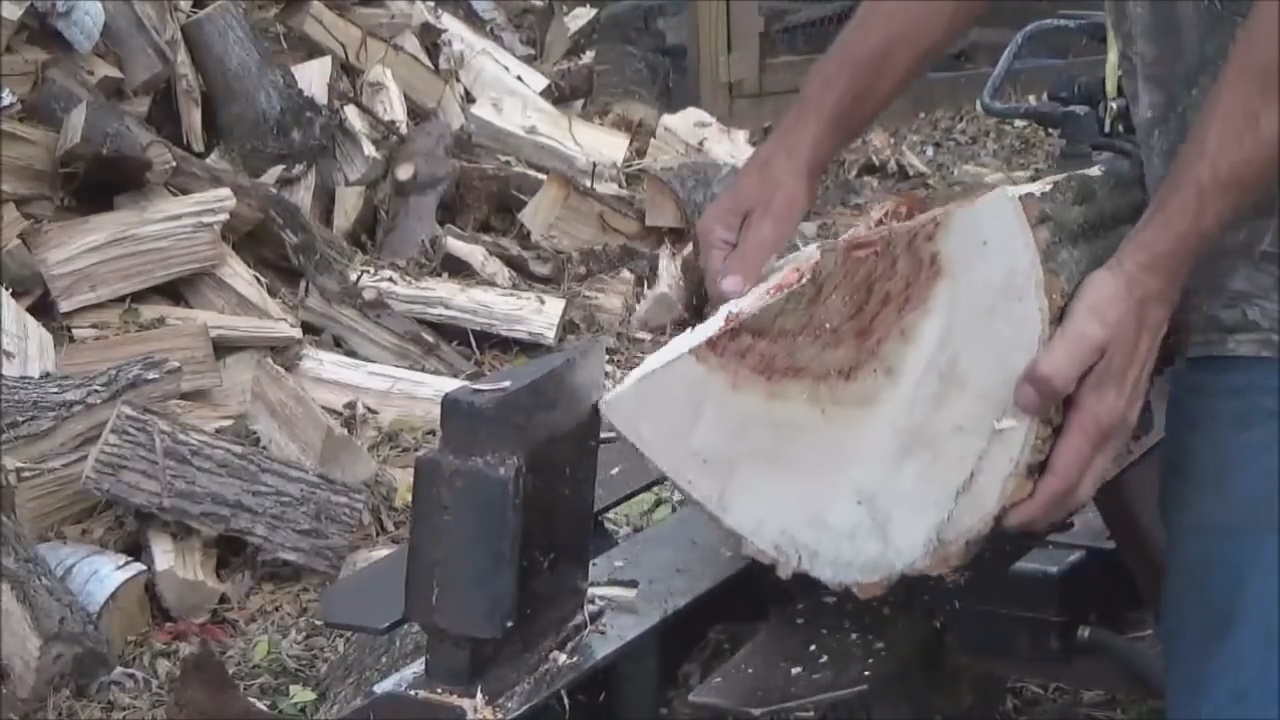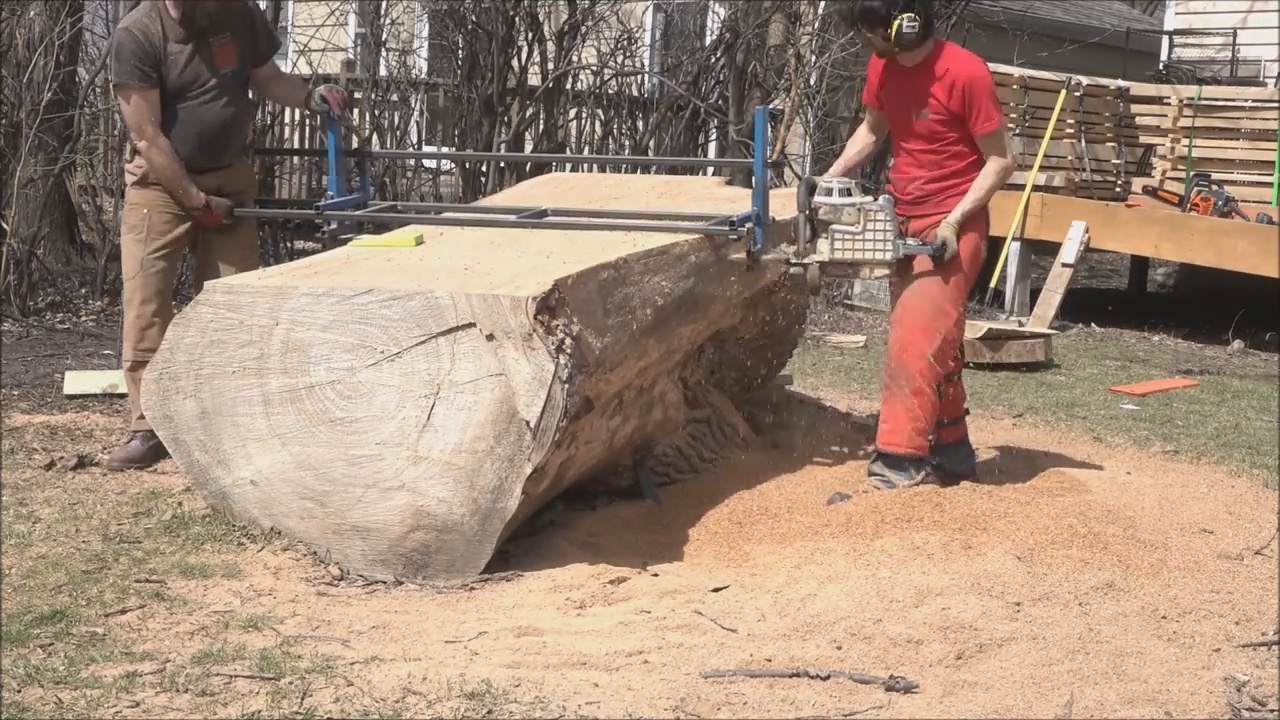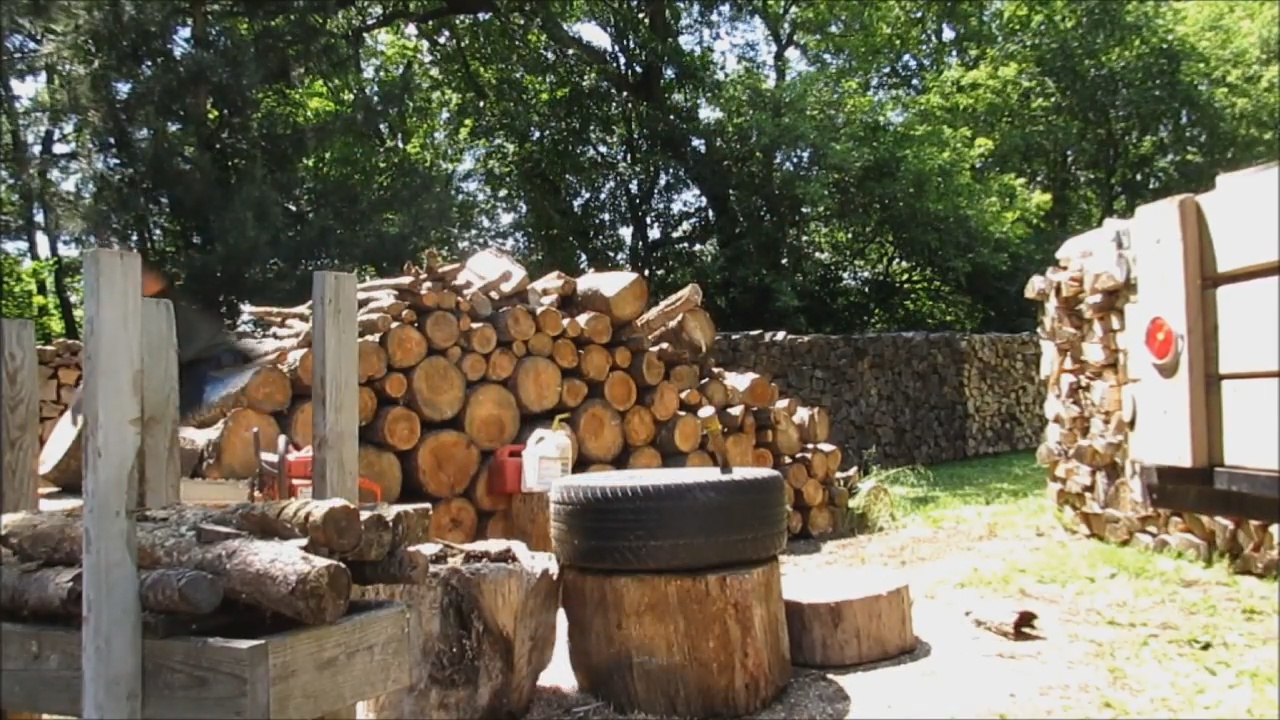Is Elm Good Firewood? First, Elmwood is an excellent wood to burn in an indoor wood stove but is not the first choice. Indeed, it is hard to split when you compare it to other woods. Nonetheless, that can be an advantage because they give higher BTUs.
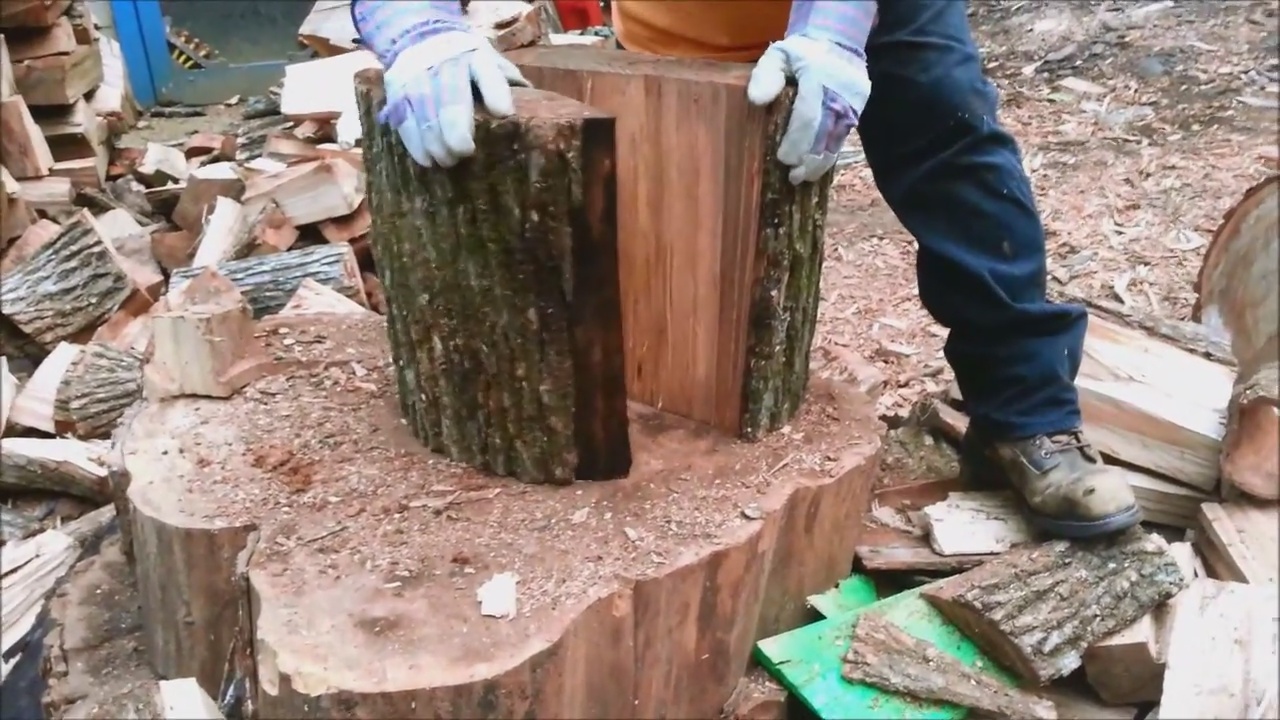
Nonetheless, Elm has lower heat values than some other woods. In general, it is good but not the best.
Elmwood burn well? Second, most people agree that it’s good to use, but usually not the best choice. Therefore, Elm can provide decent heat, but splitting is a pain.
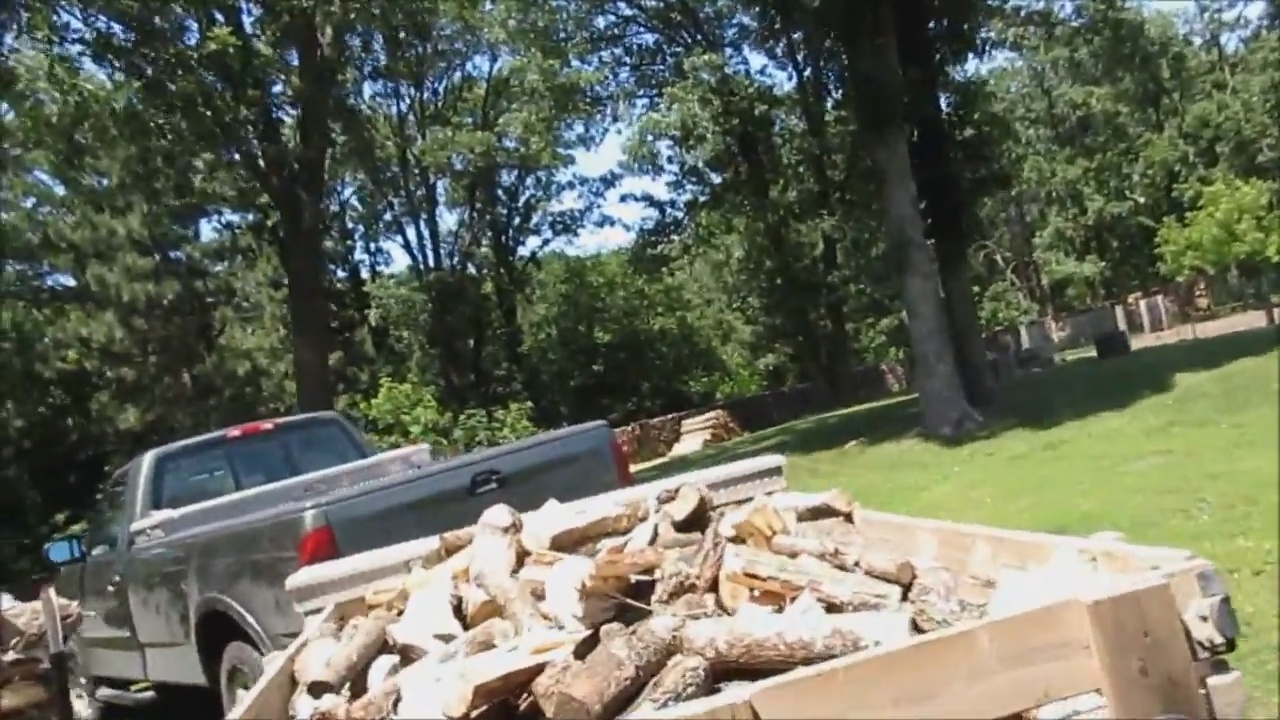
On the other hand, elm trees were there in North America and Europe to level city streets for decorative purposes. For example, the trees created a tunneling effect when you looked down the road. Meanwhile, this effect was a unique characteristic you can see in paintings and photographs from the 18th to the early 20th century.
Very durable Elm
Similarly, elmwood is very durable and has value for the adhesion of fibers. Besides, Elmwood was usually used to make wheels and chairs.
 |
Woodpeckers Precision Woodworking Tools 1281R Woodworking |
4.3 out of 5 stars
|
 |
Mid-Size Easy Parting Tool – |
4 out of 5 stars
|
 |
Timber Framer’s Slick – Wood Chisels |
4.4 out of 5 stars
|
 |
Wood turner’s Tool Roll By Peachtree Woodworking PW3332 |
4.3 out of 5 stars
|
 |
Narex (Made in Czech Republic) 4 pc set 6mm (1/4″), 12 (1 |
4 out of 5 stars
|
 |
Rockler 29190 Clamp-It Assembly Square Tool – Angle Clamps |
4.6 out of 5 stars
|
 |
Festnight Wood Turning Tool Finisher Carbide Tipped Wood |
4.3 out of 5 stars
|
 |
PSI Woodworking LCBEAD4 4 Piece HSS Bead Cutting Lathe |
4.5 out of 5 stars
|
In general, Elm makes excellent firewood. Therefore, the fire it produces is not the best, but definitely worth the effort. Granted, no splits at all, but you can you any splitter, and you will do it quickly.
In other words, keep it dry. It absorbs water poorly and will rot if it gets wet. Nevertheless, it doesn’t smell right. However, they have used it for wagon hubs, so a splitter is a must-have.
Most frequently burned wood.
For instance, Elm may be the most frequently burned wood in some parts of the US. Moreover, it is definitely in the top ten. Mostly, it’s because the American Elm is still a fairly common tree in many places.
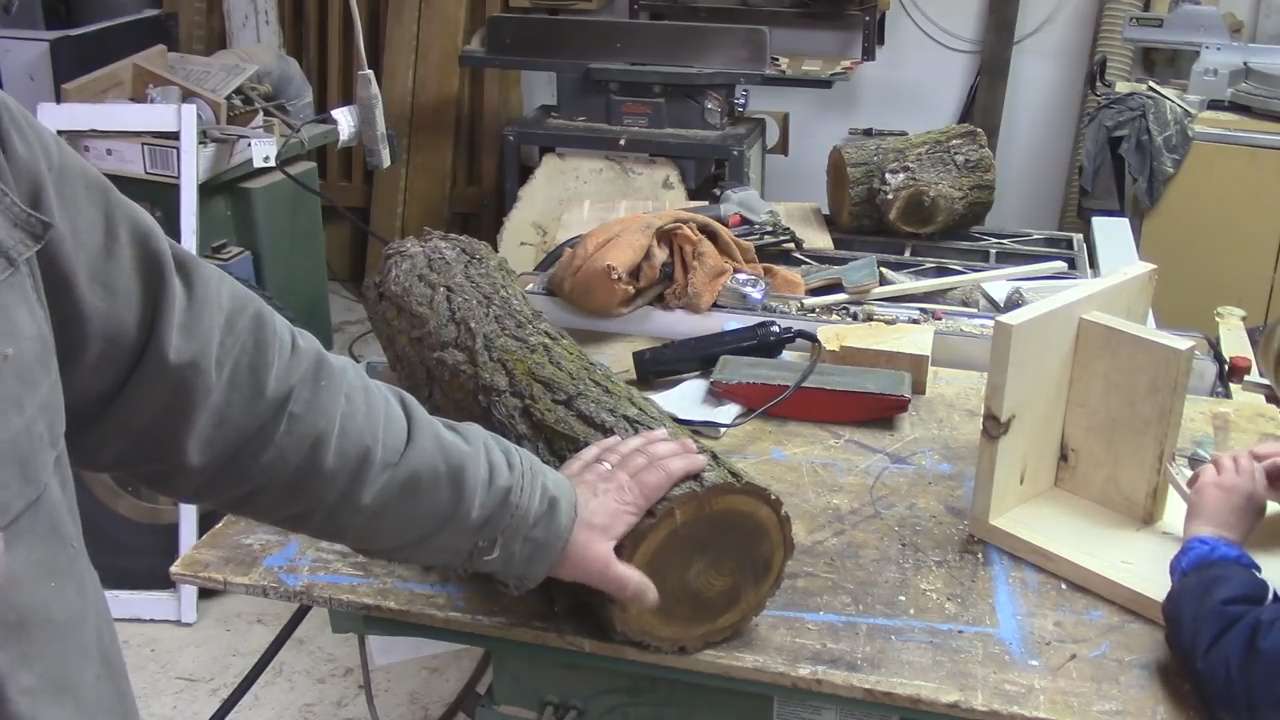
Also, it reproduces in places like roadsides and fences, where loggers can remove it from time to time. Finally, diseases kill trees and leave them dead, making them an obvious target for laborers. After that, it burns excellent because its average density/BTU content is like hardwood.
For example, Chinese Elm is good firewood because the wood burns slowly and lasts longer than the traditional wood you buy in the store.
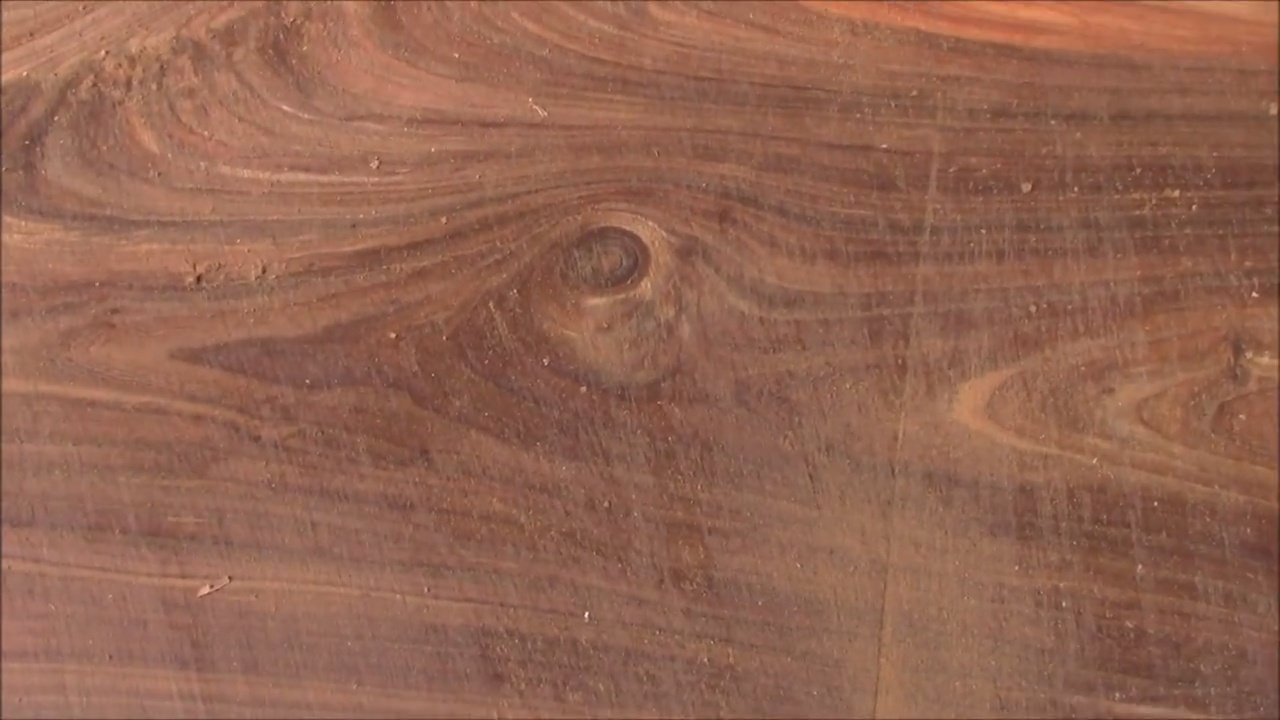
Similarly, elmwood is good to burn on the stove and an excellent wood for burning. Like any hardwood, you must season it for at least one year.
Anatomical Identification Is Elm Good Firewood
First, the essential element for distinguishing elm types is the pores of the earlywood. Hence, for ELMS in North America, rugged elms differ in smaller earlywood pores, closer in size to the latewood pores. Arrived, usually located in a single broken row.
In contrast, soft elms tend to have large earlywood pores. Consequently, the earlywood can be one or two rows wide, as in the American Elm, or two or four orifices wide, as in the red Elm.
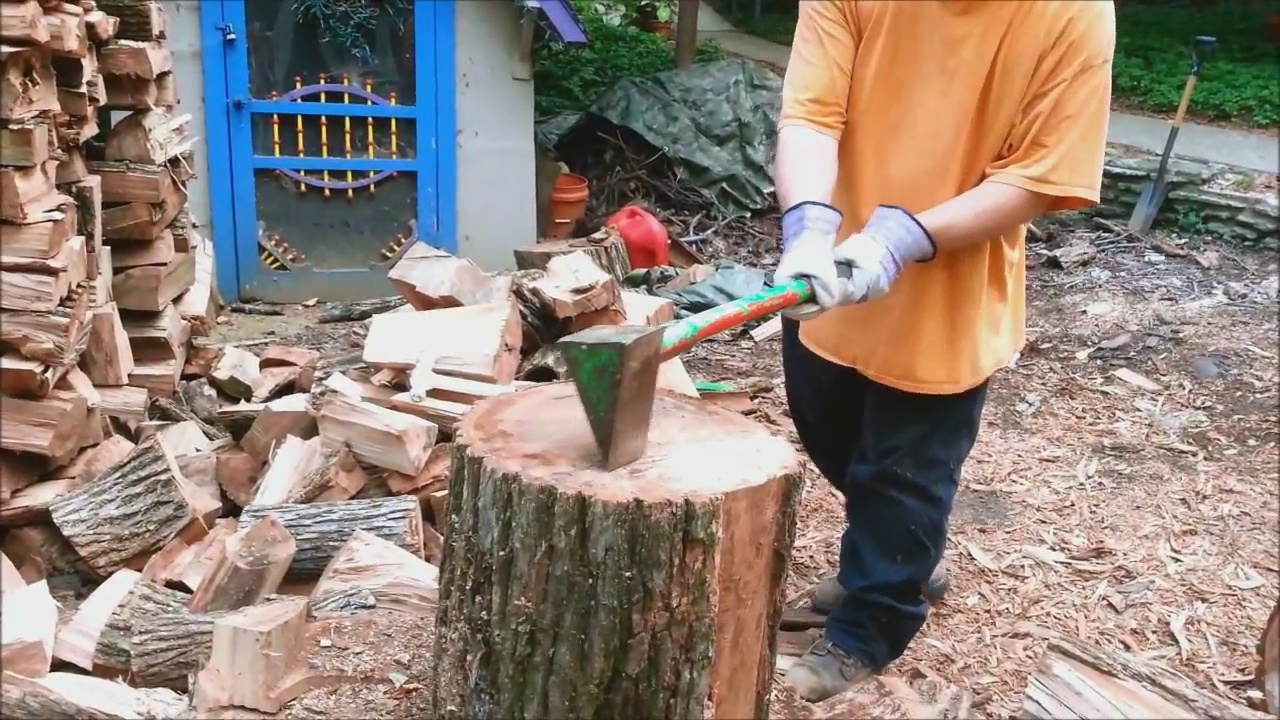
However, Elms from Europe and Asia do not always follow the same earlywood model as the North American species. The English Elm and Wych Elm have single, intermittent rows of smaller earlywood pores. Nonetheless, those are soft elms.
Type of Elm
In brief, the wood of rugged elms ranges from 40 to 50 lbs/ft3, while soft elms typically have a density from 35 to 40 lbs/ft3.
Then, about 30-40 elm species belong to the Ulmus genus. Next, trees first developed approximately 20 million years ago in Central Asia. To this end, now you can find the tree along the Northern hemisphere.
Hard Elms
- Cedar elm (Ulmus crassifolia)
- Rock elm (Ulmus thomasii)
- Winged elm (Ulmus fulva)
Soft Elms
- Elm (ulmus procera)
- Red elm (Ulmus rubra)
- Dutch elm (Ulmus hollandica)
- American elm (Ulmus americana)
- Wych elm (Ulmus glabra)
American vs Red Elm
To change the topic, when it comes to burning elmwood, this is one of those woods that you should try to discern if you like it for firewood. You can often find people who do not want to burn elmwood. Of course, others say that it is mediocre, and some love it. Indeed, these evaluation differences have a lot to do with the nature of Elm and how dry it is.
BTU contents
American Elm or white elmwood is lower in BTU than red Elm and is harder to separate. Consequently, many people don’t like it. It is a sturdy wood that is difficult to split and can contain a lot of water. Nor, many people may think that it is ok after a year.
Nonetheless, it is not always so; sometimes, it takes more time. But if it’s scorched, American or white elmwood will burn fine, though not as long and hot as red elmwood.
 Predominant Elm
Predominant Elm
Further, in North America, the predominant tree is the American Elm. It has sturdy wood, resistance to wind damage, and rapid growth. All those factors made it a popular choice. Alternatively, in Europe, smooth-leaved Elm and wych Elm are more common.
What is more, red Elm is a medium-density wood. Also, it is for making good lumber. Also, it is lower in BTU than common hardwoods such as oaks and hickory, but it can put out good heat. Besides, it fades well and can last a long time. Finally, it may be sinewy, but it still splits with a Mall.
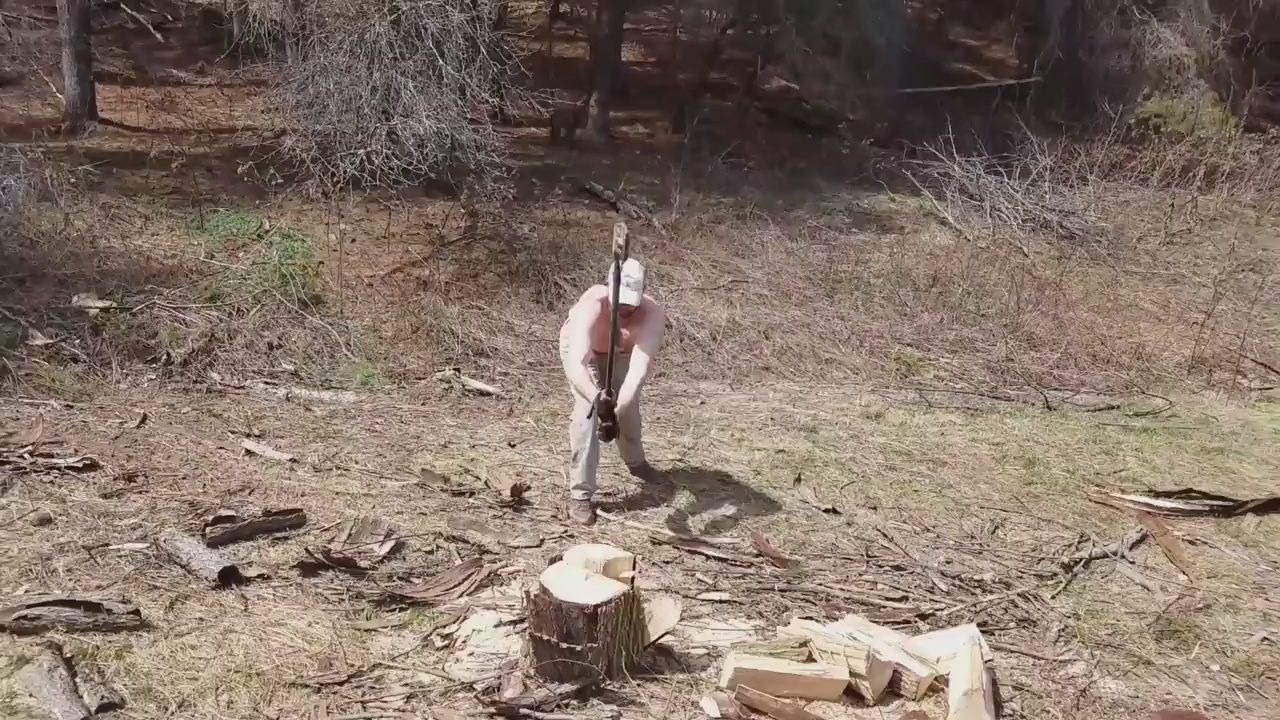
On the other hand, American Elm will offer 20.0 million BTU per cord.
Red Elm will produce 20.9 million BTU per cord.
Chinese Elm Firewood
Parvifolia elm is commonly known as Chinese or Lacebark elm medium-sized firewood. Like the American Elm, it is tough to split and takes a long time in the season. However, once seasoned, it is an average kind of wood. It will take at least a year to the season for optimal drying conditions.
Dutch Elm Disease
Dutch elm disease, or DED, destroyed elms across Europe and North America. DED comes from a micro-fungus that an elm bark beetle spreads.
Many areas are quarantined on Elmwood to help prevent the spread of Dutch elm disease. So be sure and check the regulations before moving the elm firewood from one position to another.
A fungal disease
This disease is responsible for the murder of millions of elms. This fungal disease comes from elm bark beetles and is liable for the deaths of tens of millions of elms in North America and Europe. They produced elm trees resistant to Dutch elm disease, so the tree is slowly returning. As a result, there are now disease-resistant varieties and hybrids. Hybrid elm trees can have the characteristics of any parent tree, making them challenging to identify.
Burning the wood
Dutch elm disease spread so much wood that people try to burn from standing dead trees. Dead trees don’t ensure to be dry inside. Also, once it is cut and divided, you must spend plenty of time drying it. Indeed, the key is to give the Elm enough time to dry to become completely dry. Make sure you wipe it in a dry, well-ventilated area and keep it away from the ground.
The Use Of The Wood
Due to Dutch elm disease, it is not uncommon to find standing dead elms everywhere. These standing dead elms can produce decent wood because the wood is almost dry when you cut down the tree.
Don’t try to burn a wet elm. Wet wood is unhappy to heat, and you should expect to let them dry for at least one year. Also, elevate the wood off the ground when you store it.
Is Elm Good Firewood? – How to Split
The wood is dense, produces decent heat, and is not wrong to use. Splitting Elm is not that difficult if you have access to a wood divider, but don’t try to cut the crotch. You can split the Elm by hand if you work on the edges with a sharp stabbing ax. Nonetheless, it requires a lot of effort to use the woodcutter.
Elmwood is tough to separate. The tree is very wiry. After the maul cracks the wood apart, the stringy fibers hold the timber. Moreover, a sharp splitting ax will also help cut cords, but a hydraulic wood splitter is the best way to split Elm.














